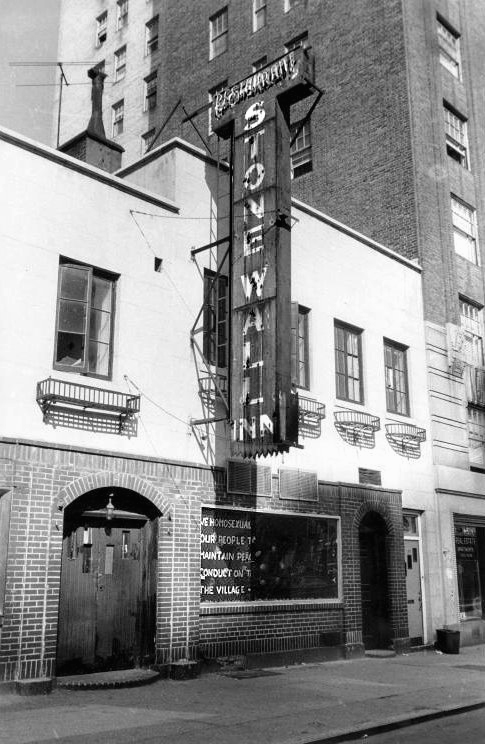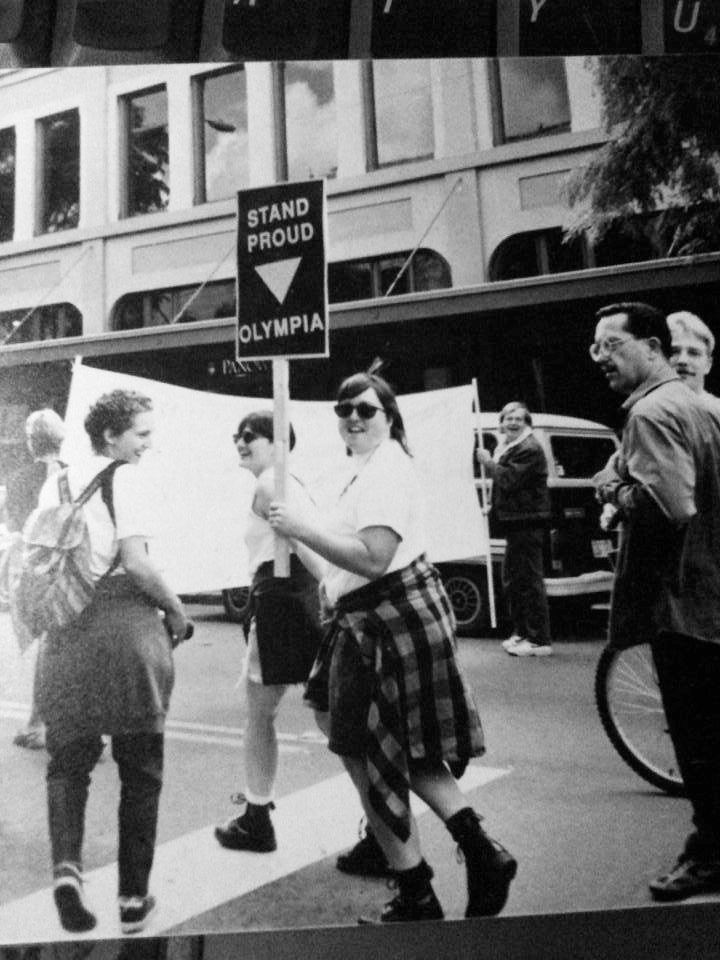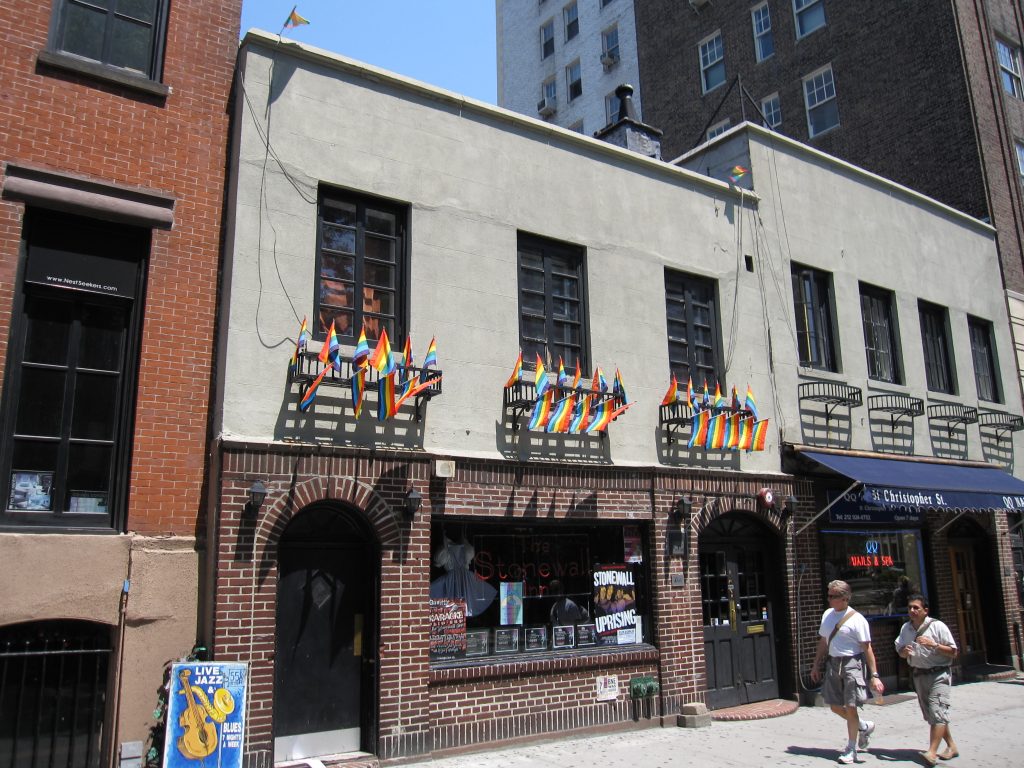By ALEC CLAYTON
Capital City Pride will celebrate the 50th anniversary of the Stonewall Riots this summer with a parade from the Capitol steps to Heritage Park. Festivities include drag performances, food vendors, informational booths from area businesses and social organizations, music and speeches. Some 15,000 people are expected.

The Stonewall Riots are acknowledged as the birth of the modern gay-rights movement, and this summer there will be parades throughout the world to commemorate the riots that began June 28, 1969.
Most gays and lesbians were deeply closeted in 1969. Nowhere was it safe to come out. The term “transgender” was in almost no one’s vocabulary. The only transgender person most Americans had ever heard of was Christine Jorgenson, an army veteran notorious for her sex-reassignment surgery in 1951. The few gay bars in operation in major cities were subject to constant police raids. Patrons were arrested, beaten and publicly outed.
After midnight on June 28, drag queens in The Stonewall Inn on New York City’s Christopher Street decided they weren’t going to take it anymore.
The bar was raided, patrons were handcuffed and crowds gathered. When a policeman hit a woman on the head, the crowds erupted into violence, and that set off days and nights of rioting.
Exactly one year later, gay organizations in New York organized Christopher Street Liberation Day, which saw an estimated 1,000 to 2,000 activists march from Christopher Street to Central Park. There they held a “gay-in.” The event became known as the first Pride Parade. Others were held the same day in Boston, Dallas, Los Angeles and other cities in the United States and Europe. A similar parade in Chicago was held one day earlier.
Olympia’s Capital City Pride came into being in 1991. Anna Schlecht, one of the founders and a leader in Pride ever since, said, “It was a three-way collaboration between Evergreen activists including Victoria Marinelli-Stuart; the late Tod Streater, who died shortly thereafter of AIDS; Esther Howard and others — community-based folks associated with Spectrum including Sidney Evans, Richard Pimental and others. It started at Marathon Park, wound all through downtown.”
Evans said, “Michael Murphy and myself drove all over Seattle, Tacoma and Olympia plastering fliers all over, inviting others to come attend. I am very proud to have been a part of it, along with all of those that helped out. People marched with bags over their heads to hide their identity at that time.”
Marinelli-Stuart recalled, “I remember what a profound deal it was when we got down there and saw this huge contingent from Tacoma had showed up, bless their brilliant, queer hearts. Such rapid work on the ground, when a great lot of us scarcely knew one another.”

Cameron Combs, selected for this year’s activist of the year award, said he missed the first year but was there in 1992.
“There weren’t crowds gathered along Capitol Way to cheer us on as there are today,” Combs said, “and just a few people waited at Sylvester Park to watch over the booths and other items awaiting our arrival. The folks waiting at the park cheered us on as we approached. There wasn’t a huge number of us marching, either, maybe a hundred to a couple hundred those first years. Some folks marched in groups with banners; the rest of us just marched as unaffiliated members of the community, carrying Stand Proud Olympia signs. I remember the big apprehension for me was being so visible — no way to hide in the crowd.”
Combs continued, “I always wondered if a coworker would see me as they walked by on the sidewalk heading to a restaurant or store. From the looks on people’s faces, they were completely unaware anything like this was happening in Olympia, much less that day. I remember the haters, too, the so-called Christians who came expressly to call us sinners and tell us we were going to hell. We chanted louder to drown them out. I remember the camaraderie, the feeling of community we had. We were few but we were mighty. We did not let the haters shut us down and we did not hide our faces, though our neighbors and bosses might see us and learn something about us they hadn’t known. We were not without fear. We knew what we were doing was potentially risky, and we did it anyway because we felt it was important for our community to see us.”
WHAT
Capital City Pride
WHEN
11 a.m. – 5:30 p.m. Sunday, June 23;
Parade at noon
WHERE
Heritage Park,
Fifth Avenue at Water St., Olympia
HOW MUCH
Free
LEARN MORE

